News & Commentary
Rights for All Will Put Civil Rights and Civil Liberties Front and Center in the 2020 Presidential Race
Jose Ivan Parga is a member of a multi-status, Mexican-immigrant family in Minnesota. Even though he is a citizen, every day he witnesses the fear and uncertainty that his extended family has because of their immigration status. For decades they have worked, worshiped, and raised families in the state. Yet at any moment, immigration agents could — and have — detained a member of his family without warning or cause, despite their deep roots in the community. With no clear path to citizenship, Jose Ivan’s family is forced to live in the shadows of a broken immigration system.
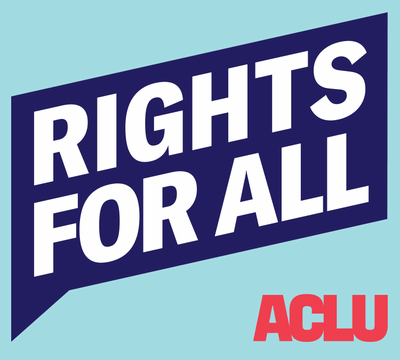
In Memoriam
The ACLU of New Hampshire is deeply saddened by the passing of Larry Finkelstein, a long time civil rights advocate and dear friend. Larry was elected to the board of the ACLU of New Hampshire in 2008 and served with distinction until 2013. We mourn his passing and offer our deepest condolences to his wife Non, his family and his friends.

If the Government Had Its Way, Everything Could be Wiretapped
Just how much are the police entitled to know about us?The battle over encryption and secure communications suggests that governments think the answer is “everything,” at least so long as investigators aren’t violating weak privacy laws. And to carry out that audacious view, policy makers around the world are fighting privacy tools that will protect us from business competitors, criminals, and government abuses.

New Hampshire Law Illegally Targets Young Voters Ahead of 2020 Primary
The New Hampshire 2020 primary is still almost a year away, but state legislators are already working to disenfranchise voters. HB 1264, a law set to go into effect in July 2019, will change the definition of what it means to be a “resident” of New Hampshire, forcing people with out-of-state driver’s licenses or car registrations to switch to the state versions if they register to vote.
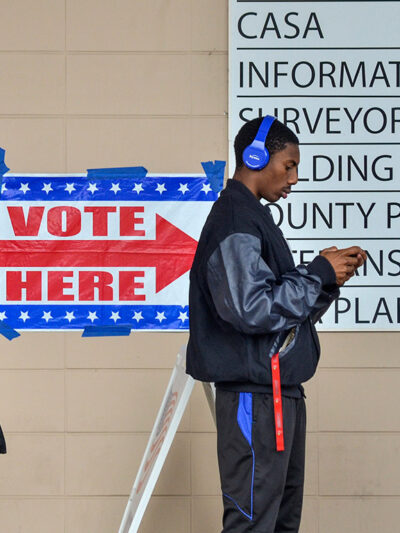
The Supreme Court Is Considering Whether the Government Can Dodge the First Amendment by Outsourcing Its Power
The First Amendment bars the government from censoring speech that it doesn’t like. That rule also goes for a private organization that takes on a government role. But when exactly is an organization considered a stand-in for the government? The Supreme Court will soon hear a case to decide.
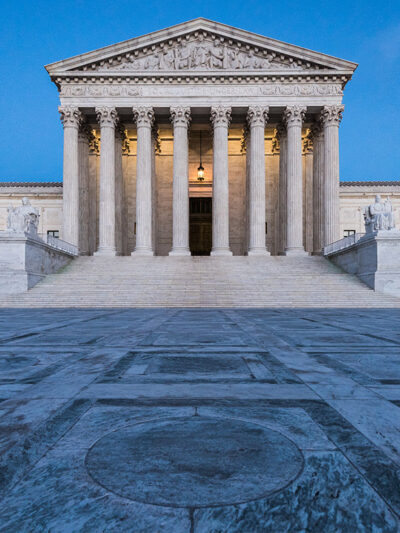
High School Could Have Been Hell for My Transgender Son. Don't Make It Hell for the Next Kid.
This piece was originally published on USA Today.
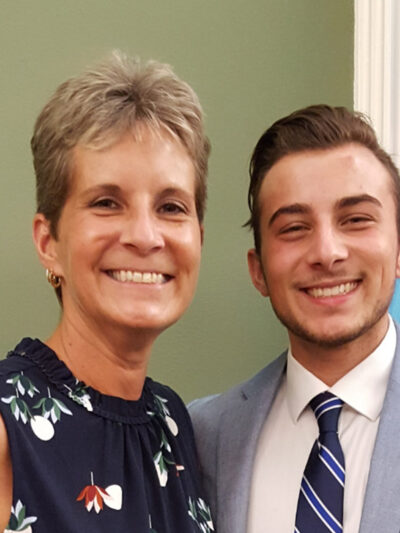
Amazon, Google, and Microsoft Are at Odds on the Dangers of Face Recognition. One of Them Is on the Right Path.
This was originally published by USA Today.

Martin Luther King Jr. Offers a Lesson on Why We Should Be Worried About Amazon and the FBI
This was originally published by Rolling Stone.
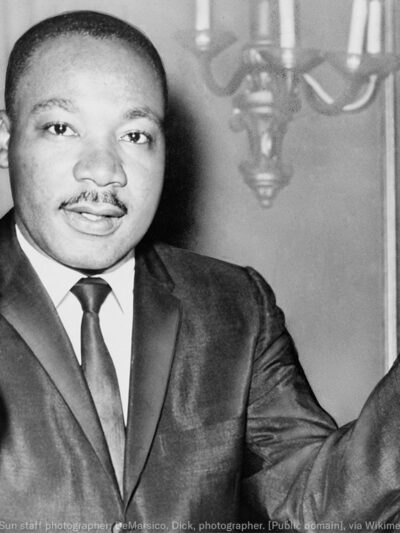
The FBI ‘Can Neither Confirm nor Deny’ That It Monitors Your Social Media Posts
In recent years, the federal government has significantly ramped up its efforts to monitor people on social media. The FBI, for one, has repeatedly acknowledged that it engages in surveillance of social media posts. So it was surprising when the bureau responded to our Freedom of Information Act request on this kind of surveillance by saying that it “can neither confirm nor deny the existence of records.”
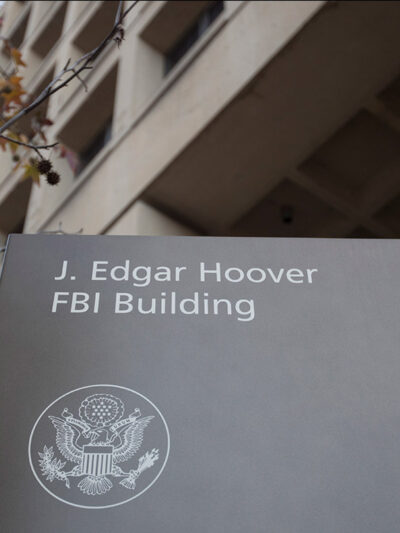
Stay Informed
Sign up to be the first to hear about how to take action.
By completing this form, I agree to receive occasional emails per the terms of the ACLU’s privacy statement.
By completing this form, I agree to receive occasional emails per the terms of the ACLU’s privacy statement.
